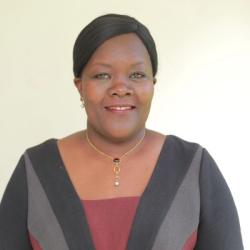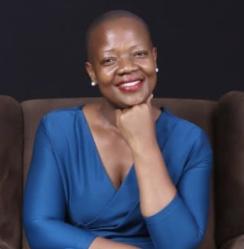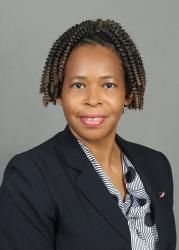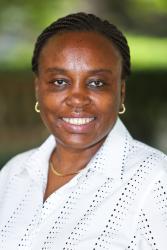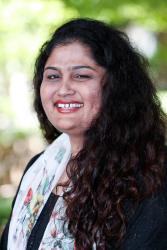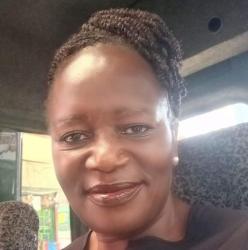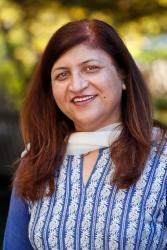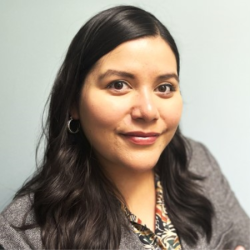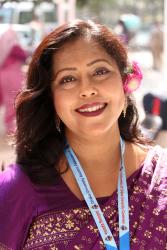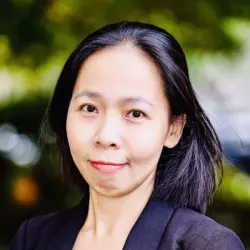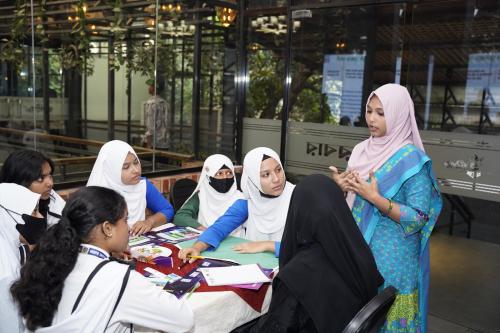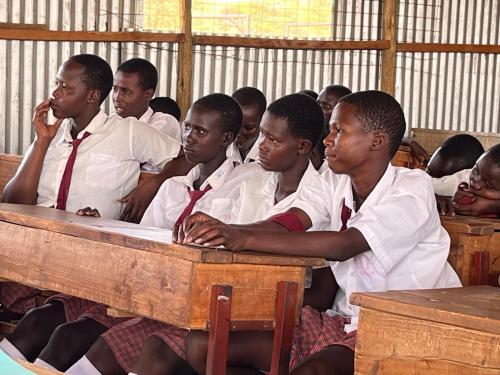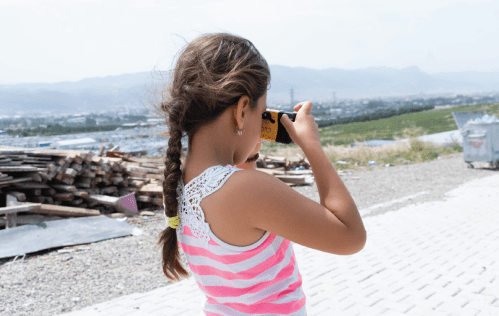Recent research with girls in marginalized contexts has pointed to the critical need for sustained, collective, and coordinated efforts to address root causes of oppression and exclusion at multiple levels, fundamentally shift power dynamics, and expand girls’ ability and opportunity to more fully exercise agency in their lives and in their communities (LAAGA, 2025). If we want improved outcomes for marginalized girls and their communities, whether defined as well-being, thriving, development, or prosperity, we must transform systems with and for girls’ agency. This transformation begins by centering girls as co-creators of knowledge and drivers of change (O’Donoghue, 2025).
To bring this vision into practice, the Learning and Action Alliance for Girls’ Agency (LAAGA) developed a “girl-centered methodology” (GCM), a participatory and collaborative approach to research with adolescent girls in marginalized contexts. In this methodological brief, we introduce this GCM as a tool for centering girls as co-creators of knowledge and agents of change. From 2022 to 2025, members of the LAAGA network designed and refined the approach, working with girls to co-construct shared understandings and ownership of agency; the factors that promote or constrain its development and exercise in specific contexts and situations; and solutions that address challenges at individual, relational, and systemic levels.
This brief outlines LAAGA’s GCM approach, practice, and core principles, sharing lessons from its application in diverse settings. In so doing, we hope to offer new insights around the “whys,” “hows,” and “whens” of girl-centered research as well as provide practical tools for action for those committed to engaging with and for girls’ agency to improve life outcomes for girls in marginalized contexts.
The Brookings Institution is committed to quality, independence, and impact.
We are supported by a diverse array of funders. In line with our values and policies, each Brookings publication represents the sole views of its author(s).

